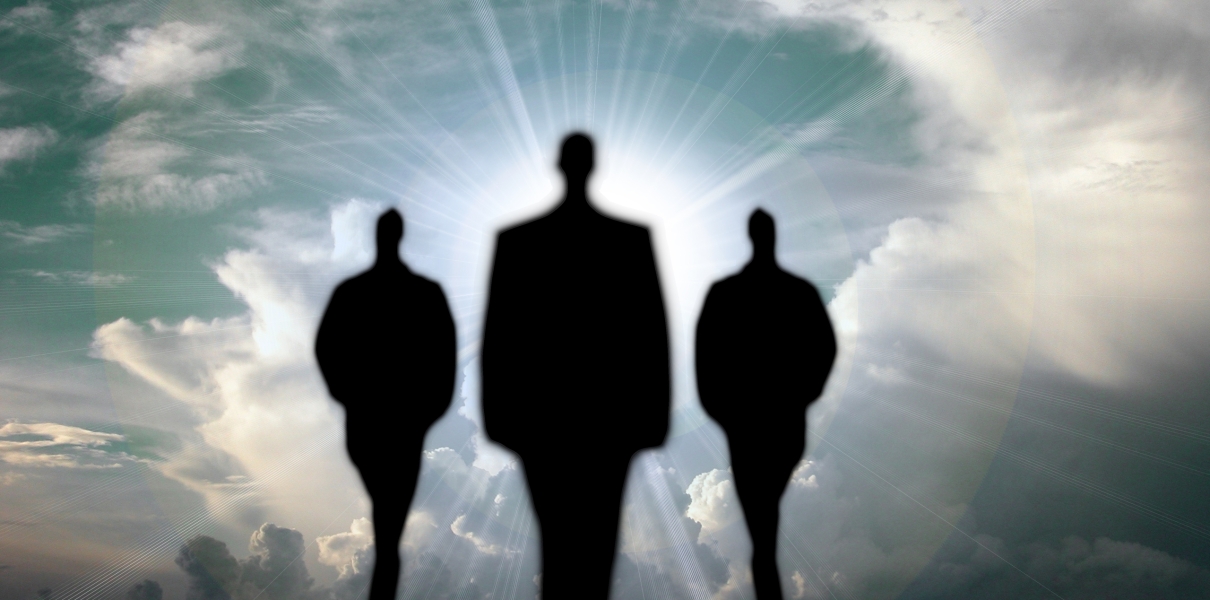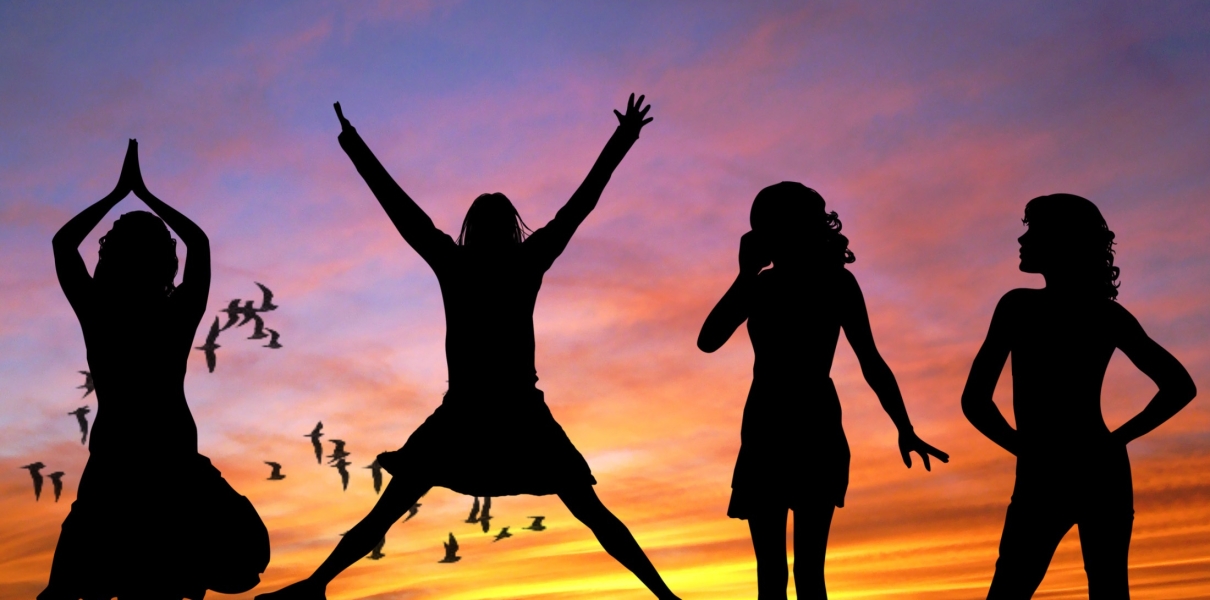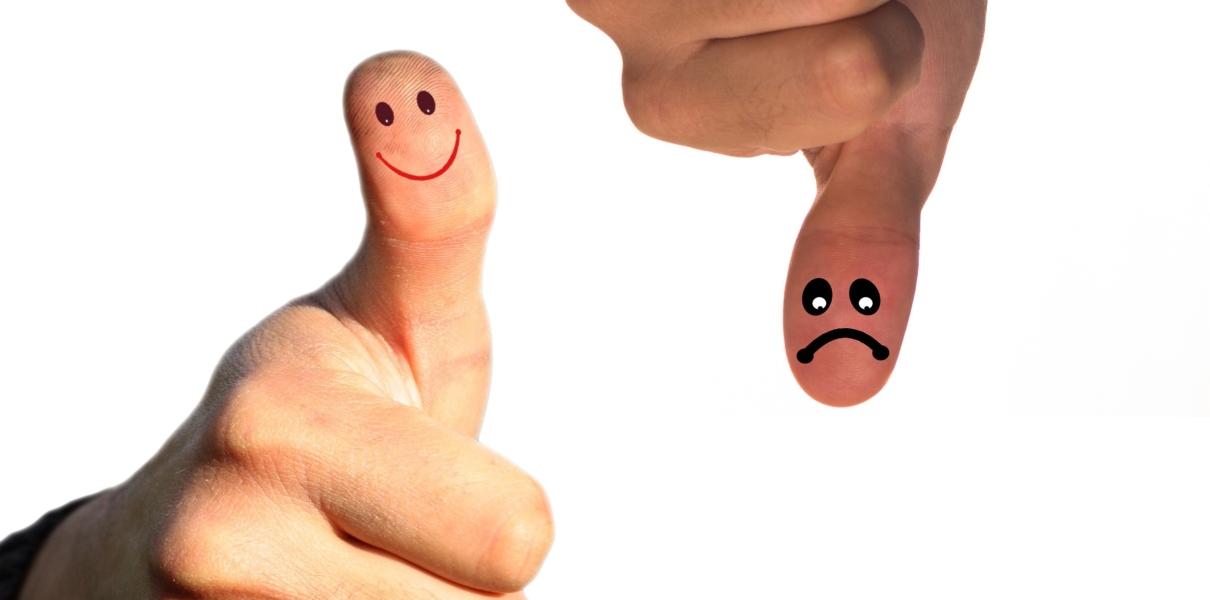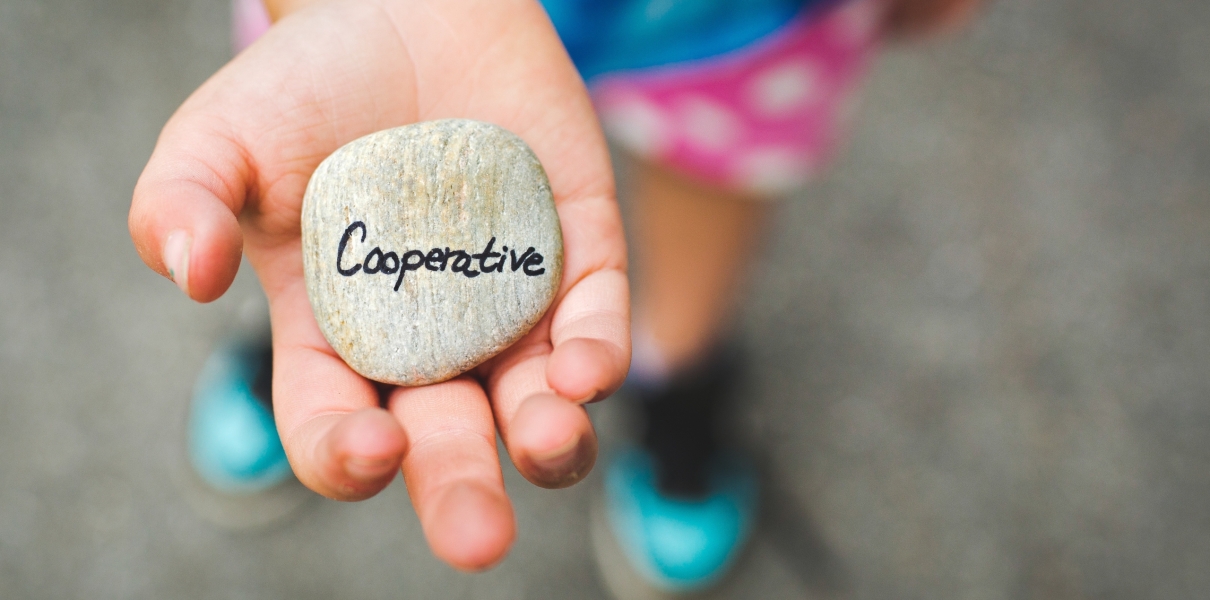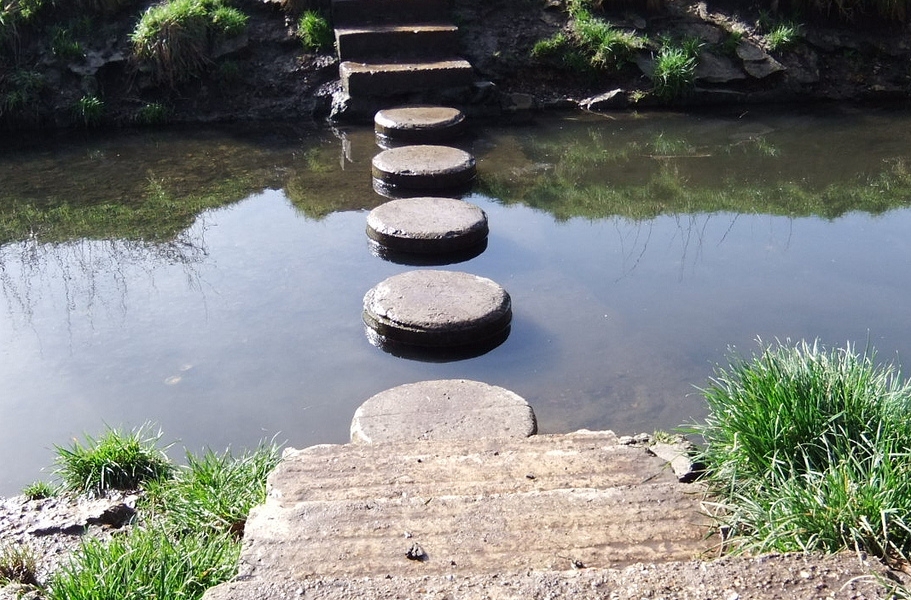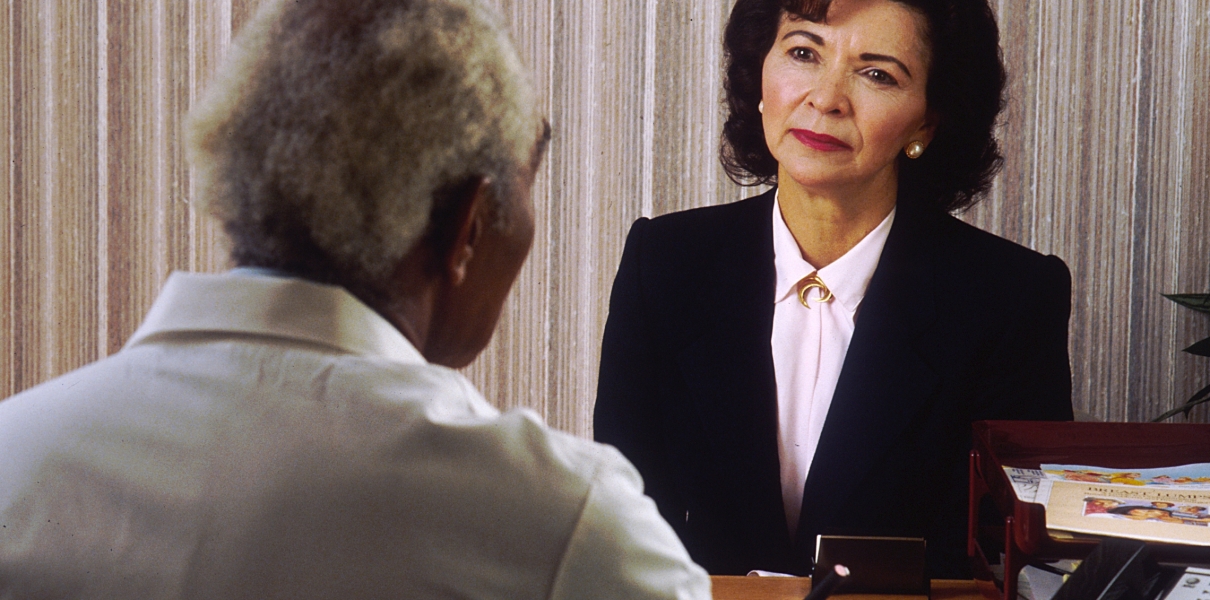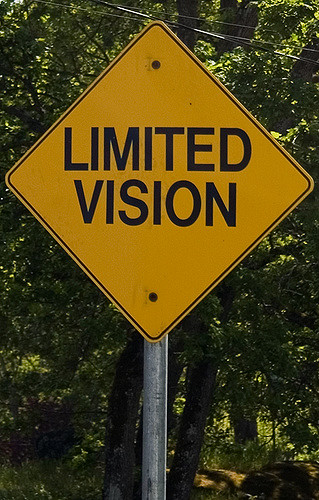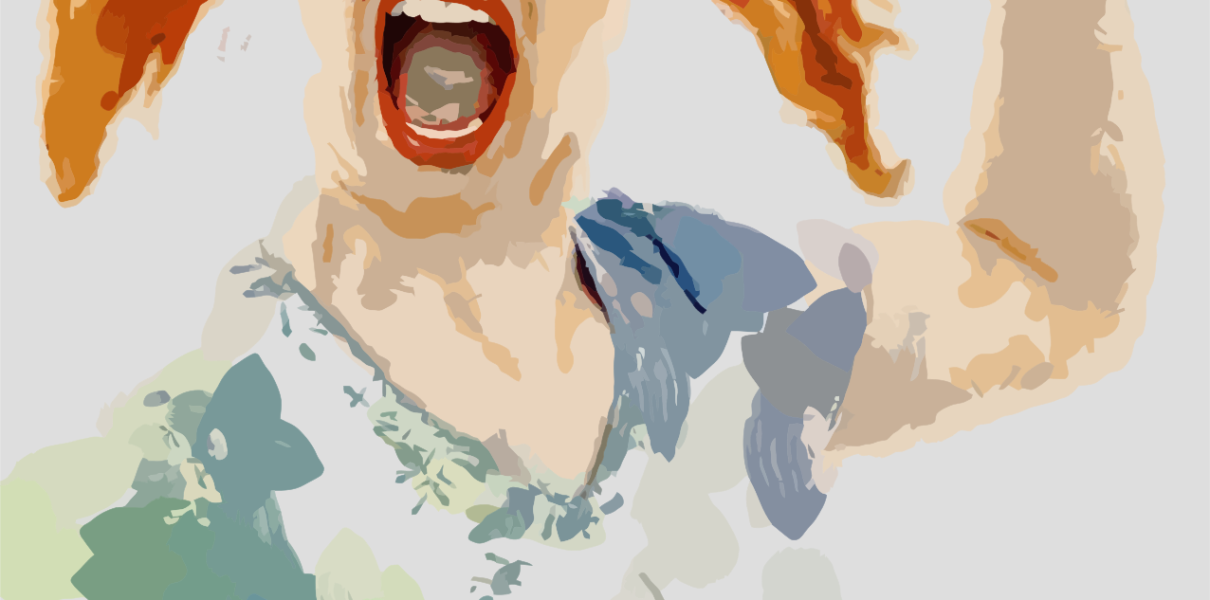Cooperation, the second law of spirit, is the proverbial wisdom of making lemonade when you have lemons. You might have been in the mood for ginger ale, but what you have is lemons. So either you go to where the ginger ale is and fulfill that desire, or you stay where you are and make the best darn lemonade you ever had. The key to cooperation is working with what is present rather than working against it with negative expressions of dissatisfaction, judgment, denial, and resistance.
When you encounter a situation and find yourself interpreting it as a matter of someone else hurting you or the situation being unfair to you in some way, try to find the space between the situation and your understanding of it. From that position of neutrality, consider the possibility that you are misreading the situation and that your suffering is a result of that rather than the situation itself. Life happens. Sometimes we like it and sometimes we don’t. When we suffer, it is usually because we are not accepting the situation (the first law of spirit) and therefore cannot move on to cooperating with it. Cooperation is only an option when you are in a state of acceptance. Rather than thinking the other person should change their point of view, consider expanding your perspective so that it is larger than your hurt. See if you can look with compassion at those involved with you and yourself and recognize that you are all doing the best you can and sometimes we bump into each other in unpleasant ways. Cooperation is about responding to those situations in a kind and responsible way for the highest good of all concerned. And that’s not always easy.
Did you ever notice how much easier it is to cooperate with something you like than something you don’t? Yet, even in our enthusiasm, we can sometimes go off the deep end and be out of sync with others involved in the situation. Cooperation is something you do inside yourself, not something you demand or expect from others. It is about achieving balance inside of you and acting from that place.
The key to cooperation is to be of good cheer (or get to good cheer as soon as you can) and to go with the flow of whatever circumstances you find yourself in. Does this mean being passive? Absolutely not! Quite the contrary. It means being fully conscious and responsible for the choices you make and the impact of your behavior on yourself and others.
Consider the following situation I found myself in recently. For two weeks I had been trying to get an appointment with my hairdresser. She offered me a date when I had another commitment, and we went back and forth on emails to no avail. She kept giving me reasons why she couldn’t accommodate me and no options for when she could. I was not of good cheer when I wrote back letting her know that as a client for over 15 years, I was not pleased. I asked if perhaps I was failing to pick up on a hint that I should be looking for a new hairdresser. Her answer, still offering no appointment times, simply said that I wasn’t alone in not being able to get an appointment. Clearly I was getting nowhere with her, and was moving farther and farther away from my good cheer. In anger, I contemplated calling my previous hairdresser. Then I caught myself. I was neither accepting the situation nor cooperating with it. No wonder I was angry! So I ate a little humble pie and admitted to myself that it was neither the situation nor my hairdresser that was responsible for my distress. I caused that all by myself! I forgave myself for getting caught up in this state of affairs and chose to find my way out by first establishing acceptance inside myself. The facts were simple — I wanted an appointment and my hairdresser was unable to accommodate me. Instead of getting mad about it and making her wrong, I decided to look at my options. My hair looked awful and I was going on a trip and needed the psychological lift of an overdue good haircut. Besides, it is wedding season and I need my hair to look good for officiating wedding ceremonies. As I thought this through, I noticed that my anger was gone. I was able to see that it was the cut, not the color, that was most needed. So, I did make an appointment with my previous hairdresser, who happens to also be a friend, and she gave me the haircut I’ve been wanting for months. Then I returned from my trip and found an email from my regular hairdresser to have my hair colored the next day. Pretty good, huh?
Things seem to have a way of working out when we are not spewing forth a lot of negative thoughts, behaviors, and energy. So next time you find yourself resisting your reality, see if you can step free of your point of view and observe the situation from a position of neutrality. All kinds of possibilities and opportunities are visible from an impartial stance that are imperceptible from a biased point of view.
One of the most beautiful things about cooperation is that it allows others to have their needs met as well. That means there can be multiple winners and no one has to lose. In the example of my need for a haircut, I got a great cut, my usual hairdresser got me off her back, and my previous hairdresser got the satisfaction of giving me a great cut and we had the opportunity to spend some time together in our busy lives. That’s a lot of winning. So, next time you get caught in a situation where you are hurt and unhappy, look for a pathway out of it that leads to as much winning as possible for all concerned.
I hope you will tune in next week for the third law of spirit — understanding. Until then, I look forward to your responses and reactions to this piece.
Cooperation, the second law of spirit, is the proverbial wisdom of making lemonade when you have lemons. You might have been in the mood for ginger ale, but what you have is lemons. So either you go to where the ginger ale is and fulfill that desire, or you stay where you are and make the best darn lemonade you ever had. The key to cooperation is working with what is present rather than working against it with negative expressions of dissatisfaction, judgment, denial, and resistance.
When you encounter a situation and find yourself interpreting it as a matter of someone else hurting you or the situation being unfair to you in some way, try to find the space between the situation and your understanding of it. From that position of neutrality, consider the possibility that you are misreading the situation and that your suffering is a result of that rather than the situation itself. Life happens. Sometimes we like it and sometimes we don’t. When we suffer, it is usually because we are not accepting the situation (the first law of spirit) and therefore cannot move on to cooperating with it. Cooperation is only an option when you are in a state of acceptance. Rather than thinking the other person should change their point of view, consider expanding your perspective so that it is larger than your hurt. See if you can look with compassion at those involved with you and yourself and recognize that you are all doing the best you can and sometimes we bump into each other in unpleasant ways. Cooperation is about responding to those situations in a kind and responsible way for the highest good of all concerned. And that’s not always easy.
Did you ever notice how much easier it is to cooperate with something you like than something you don’t? Yet, even in our enthusiasm, we can sometimes go off the deep end and be out of sync with others involved in the situation. Cooperation is something you do inside yourself, not something you demand or expect from others. It is about achieving balance inside of you and acting from that place.
The key to cooperation is to be of good cheer (or get to good cheer as soon as you can) and to go with the flow of whatever circumstances you find yourself in. Does this mean being passive? Absolutely not! Quite the contrary. It means being fully conscious and responsible for the choices you make and the impact of your behavior on yourself and others.
Consider the following situation I found myself in recently. For two weeks I had been trying to get an appointment with my hairdresser. She offered me a date when I had another commitment, and we went back and forth on emails to no avail. She kept giving me reasons why she couldn’t accommodate me and no options for when she could. I was not of good cheer when I wrote back letting her know that as a client for over 15 years, I was not pleased. I asked if perhaps I was failing to pick up on a hint that I should be looking for a new hairdresser. Her answer, still offering no appointment times, simply said that I wasn’t alone in not being able to get an appointment. Clearly I was getting nowhere with her, and was moving farther and farther away from my good cheer. In anger, I contemplated calling my previous hairdresser. Then I caught myself. I was neither accepting the situation nor cooperating with it. No wonder I was angry! So I ate a little humble pie and admitted to myself that it was neither the situation nor my hairdresser that was responsible for my distress. I caused that all by myself! I forgave myself for getting caught up in this state of affairs and chose to find my way out by first establishing acceptance inside myself. The facts were simple — I wanted an appointment and my hairdresser was unable to accommodate me. Instead of getting mad about it and making her wrong, I decided to look at my options. My hair looked awful and I was going on a trip and needed the psychological lift of an overdue good haircut. Besides, it is wedding season and I need my hair to look good for officiating wedding ceremonies. As I thought this through, I noticed that my anger was gone. I was able to see that it was the cut, not the color, that was most needed. So, I did make an appointment with my previous hairdresser, who happens to also be a friend, and she gave me the haircut I’ve been wanting for months. Then I returned from my trip and found an email from my regular hairdresser to have my hair colored the next day. Pretty good, huh?
Things seem to have a way of working out when we are not spewing forth a lot of negative thoughts, behaviors, and energy. So next time you find yourself resisting your reality, see if you can step free of your point of view and observe the situation from a position of neutrality. All kinds of possibilities and opportunities are visible from an impartial stance that are imperceptible from a biased point of view.
One of the most beautiful things about cooperation is that it allows others to have their needs met as well. That means there can be multiple winners and no one has to lose. In the example of my need for a haircut, I got a great cut, my usual hairdresser got me off her back, and my previous hairdresser got the satisfaction of giving me a great cut and we had the opportunity to spend some time together in our busy lives. That’s a lot of winning. So, next time you get caught in a situation where you are hurt and unhappy, look for a pathway out of it that leads to as much winning as possible for all concerned.
I hope you will tune in next week for the third law of spirit — understanding. Until then, I look forward to your responses and reactions to this piece.
If you would like to know more about me and my work, please explore my website here.
Also, if you know anyone who might get value from this article please email or retweet it or share it on Facebook.

